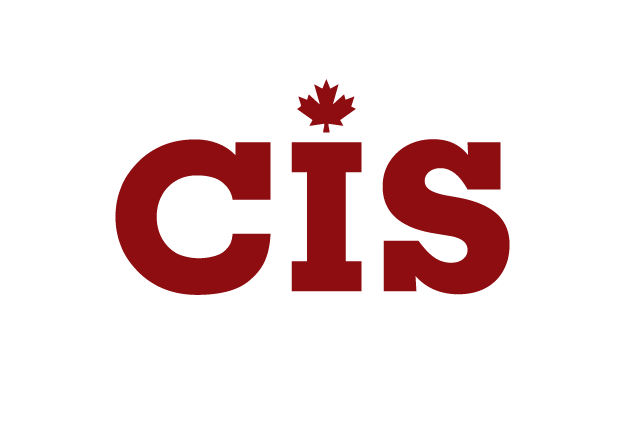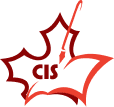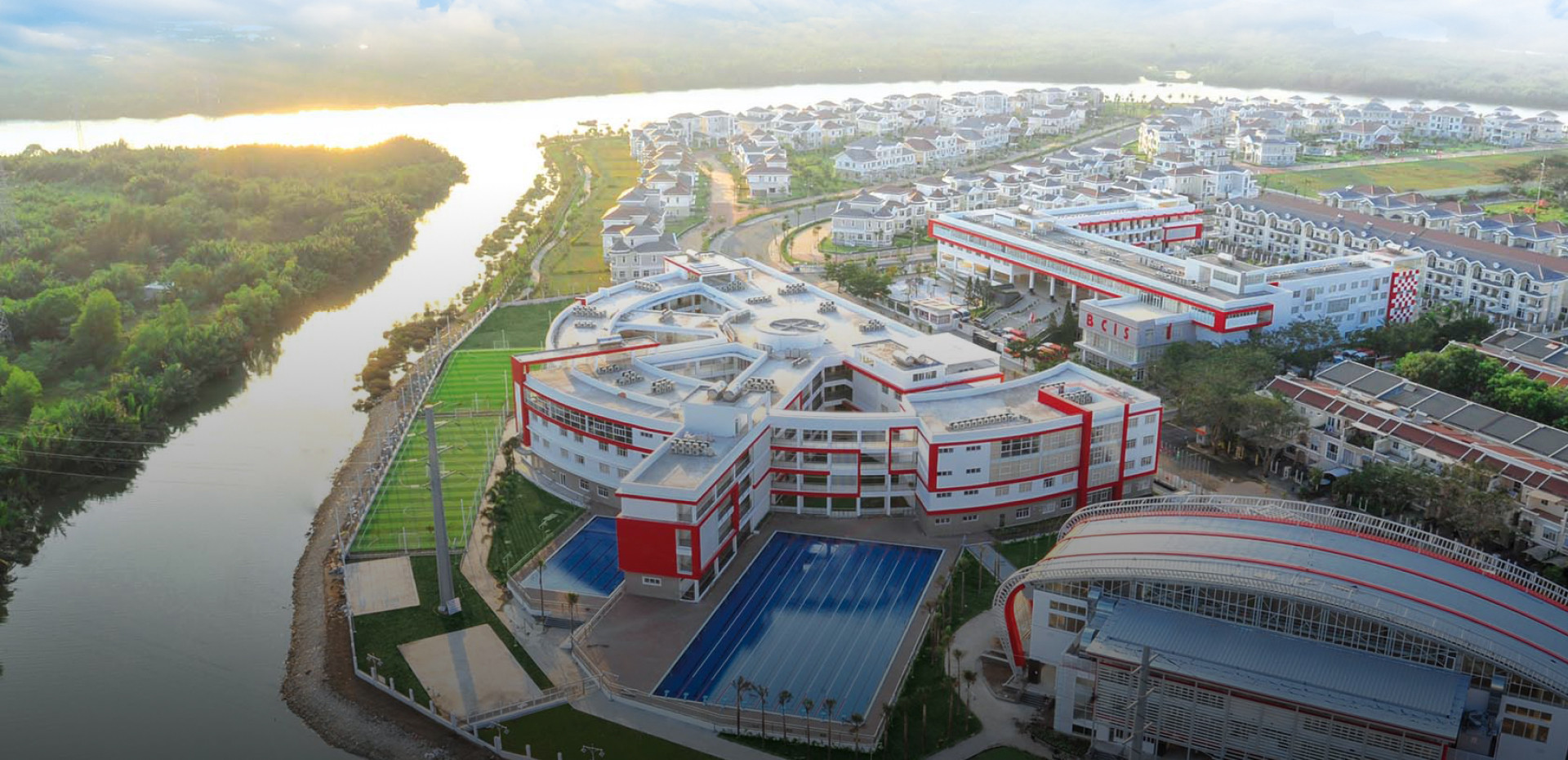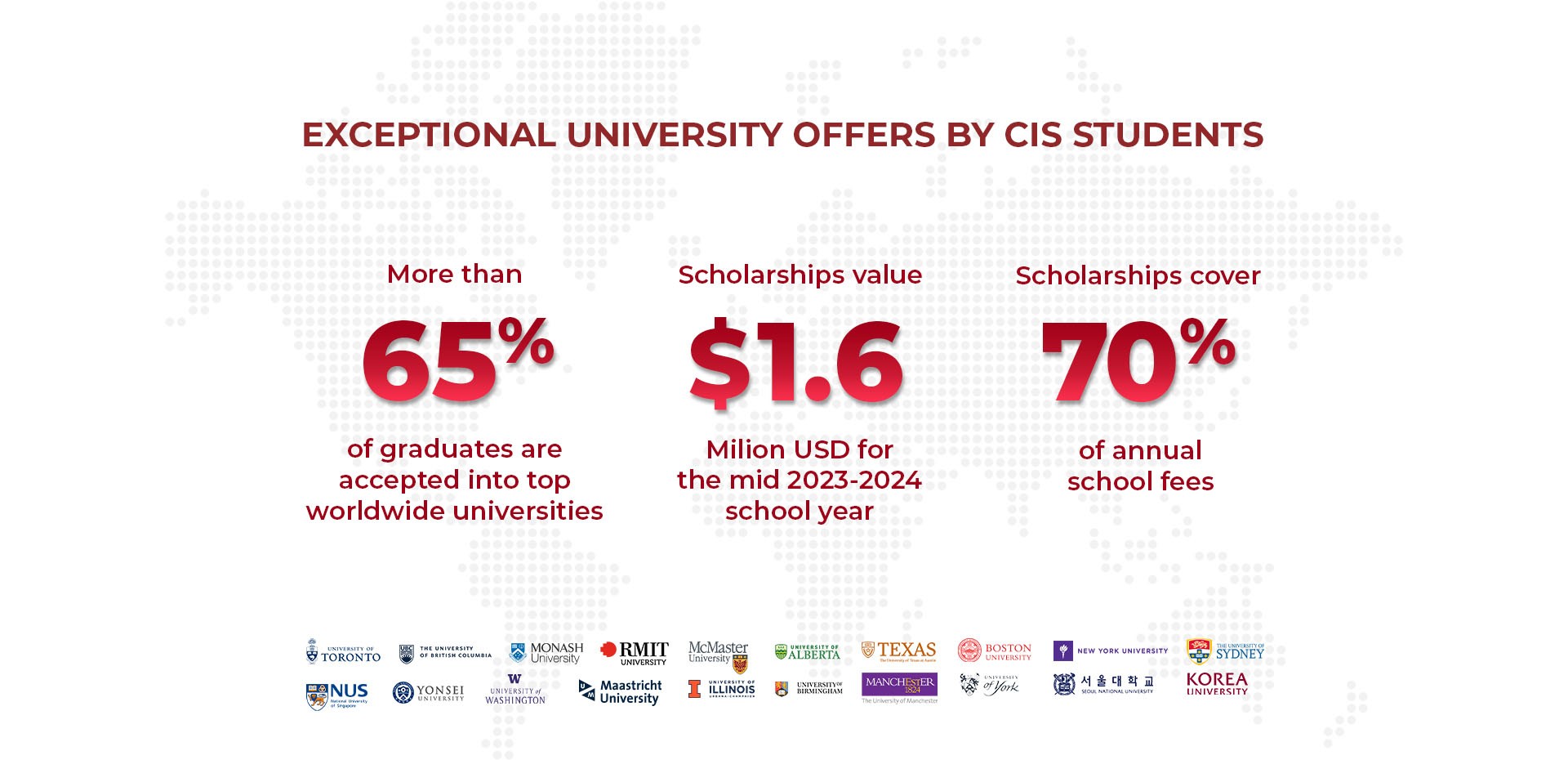1. GENERAL / PATHWAYS
Q. What components make up the CIS Curriculum?
A. The CIS Curriculum is a combination of the Ontario Curriculum, Growing Success, and the Integration of IB & AP.
Q. What are the key values of CIS?
A. The key values of CIS are Coherence, Equity, Excellence, and Inclusion.
Q. What teaching approaches are used at CIS?
A. Việc dạy và học tại CIS tập trung vào ba yếu tố chính: tuân thủ các tiêu chuẩn, sử dụng dữ liệu để cải thiện và khuyến khích học sinh chủ động tìm tòi, khám phá.
Q. What are the key elements demonstrating vertical coherence from Kindergarten to Grade 12?
A. Key elements demonstrating vertical coherence from K to 12 include Inquiry, metacognition, and student voice.
Q. What are the available graduation pathways at CIS?
A. The available pathways are Full IB Diploma, IB Course Certificates, and CIS Diploma Only.
Q. Why is the CIS Curriculum a combination of Ontario, Growing Success, IB, and AP? Isn’t that overly complicated? Why not just follow one system? And why does my child not get exposed to IB until Grade 11?
A. While it may seem complex at first glance, our curriculum framework is thoughtfully designed to bring together the best elements from three of the world’s most respected educational systems.
- Ontario Curriculum provides strong academic foundations from Kindergarten onward.
- Growing Success ensures consistent, fair, and student-centered assessment across all grades.
- IB and AP add depth, inquiry, and global recognition, especially in Grades 9–12.
We don’t follow just one system because no single curriculum can meet the diverse needs of all learners. Instead, we’ve built a world-class, integrated curriculum that gives your child the best at every stage—whether they’re in Grade 1 or Grade 12.
Even though IB officially begins in Grade 11, its philosophy—like inquiry, reflection, and global thinking—is embedded throughout the school, especially in how we teach and assess students from the very beginning.
So your child isn’t waiting for IB—they’re growing into it, step by step.
2. ELEMENTARY PROGRAM (Grades K–6)
Q. What is the curriculum base for the Elementary Program?
A. The curriculum base for the Elementary Program is the Ontario Curriculum.
Q. What are the key focus areas of the Elementary Program?
A. The key focus areas include Literacy & Numeracy foundations, inquiry-based learning, and integrated units across Science, Social Studies, and the Arts.
3. SECONDARY PROGRAM (Grades 7–12)
Q. What curriculum is followed in Grades 7-8?
A. Grades 7-8 continue with the Ontario Curriculum.
Q. What curriculum is followed in Grades 9-10?
A. Grades 9-10 follow the Ontario Curriculum with optional AP integration.
Q. How many AP courses can students choose in Grades 9-10?
A. Students can choose up to 3 AP courses.
Q. What AP courses are available to students in Grades 9-10?
A. Available AP courses include Human Geography, Computer Science Principles, and AP Seminar.
4. GRADES 11–12: IB DIPLOMA PROGRAMME
Q. What are the options for students in Grades 11-12 regarding the IB Diploma Programme?
A. Students can pursue the Full IB DP (2-year program) or select individual IBDP courses in addition to earning a CIS Diploma.
Q. How are subjects organized within the IB Diploma Programme?
A. Subjects are offered across 6 groups.
Q. What are the core components of the IB Diploma Programme?
A. The core components are TOK (Theory of Knowledge), EE (Extended Essay), and CAS (Creativity, Activity, Service).
Q. What is the outcome of pursuing the "Full IB Diploma" pathway?
A. Students who complete the Full IB Diploma pathway receive both an IB Diploma and a CIS Diploma.
Q. What’s the difference between Math AA and AI?
A. AA = more theoretical, good for Engineering; AI = applied math, better for Humanities.
Q. Does my child have to take Science or Art?
A. One from Group 4 is required, but Art can replace it in some cases.
Q. Can my child mix HL (High Level) and SL (Standard Level) subjects?
A. Yes. Students choose 3 HL + 3 SL based on interests and goals.
Q. How do universities view the IB?
A. Very positively. It's often seen as the best preparation for higher education.
5. EXPANDED Q&A
Q. Why choose the IB Programme at CIS?
A. At the Canadian International School (CIS) in Ho Chi Minh City, students benefit from a structured and internationally recognized academic progression. From Kindergarten through Grade 10, CIS follows the Ontario Curriculum, one of the world’s most respected education systems. In Grades 9 and 10, students also have access to Advanced Placement (AP) courses, which introduce them to university-level academic expectations and subject-focused inquiry.
For Grades 11 and 12, students may choose to pursue the International Baccalaureate Diploma Programme (IBDP)—a globally recognized qualification that prepares learners for success at top universities worldwide. This three-tiered academic offering—Ontario, AP, and IB—equips students with a strong academic foundation, advanced critical thinking skills, and the flexibility to follow personalized learning pathways that suit their interests and post-secondary goals.
Students at CIS are thoroughly prepared to thrive in international university settings.
Q. Is the IB Programme at CIS internationally recognized?
A. Yes. The Canadian International School (CIS) is officially authorized to offer the International Baccalaureate Diploma Programme (IBDP) and holds multiple globally recognized accreditations that affirm its commitment to high-quality international education.
- Council of International Schools (CoIS): CIS has officially achieved accreditation from the Council of International Schools, the leading organization for international education accreditation worldwide. This recognition reflects CIS’s alignment with rigorous global standards and its commitment to continuous school improvement. The CIS network includes over 1,300 educational institutions across 123 countries.
- WASC (Western Association of Schools and Colleges): CIS proudly celebrates a significant milestone in its development journey by earning accreditation from ACS WASC, a respected U.S.-based accrediting agency with over 60 years of experience in advancing global educational standards.
- Cognia (USA): CIS is also accredited by Cognia through its divisions NCA CASI, SACS CASI, and NWAC. The Cognia accreditation process, lasting from 1.5 to 2 years, recognizes CIS’s proactive engagement in self-assessment, school-wide improvement planning, and commitment to meeting international education quality standards. Cognia is the world’s largest accrediting body, with over 36,000 institutions in 85 countries.
All diplomas and transcripts issued by CIS are internationally valid and recognized by top universities in the U.S., U.K., Canada, Australia, Singapore, and beyond.
Q. What is the quality of the IB teaching staff at CIS?
A. CIS has a highly qualified international teaching team from over 20 countries. Over 95% of our faculty are international hires, and all IB teachers are formally trained and certified by the IBO. Many are also IB examiners or workshop leaders. Our school is committed to providing a professional, inspiring, and up-to-date teaching environment aligned with global standards.
Q. What if my child cannot manage the full IB Diploma Programme?
A. CIS offers flexible graduation pathways to suit different learning profiles:
- Full IB Diploma – for academically driven students aiming for top universities
- IB Courses (Certificates) – for students who want to focus on a few specific IB subjects
- CIS High School Diploma only – for students who prefer an internal, non-exam-based route
Our counseling team works closely with families to identify the most appropriate path for each student.
Q. Which top international universities have CIS graduates been accepted to in recent years?
A. Graduates from the Canadian International School (CIS) have consistently received offers from many of the world’s leading universities, reflecting the school’s strong academic programs and global orientation. Each year, students are admitted to highly ranked institutions across North America, Australia, Asia, and Europe. -> VIEW MORE
Q. What support does CIS offer for parents who are unfamiliar with the IB?
A. We understand the IB system can be complex, which is why CIS provides:
- Parent orientation sessions on IB course selection and university pathways
- One-on-one counseling with our academic advisors
- Bilingual resources such as course selection guides, infographics, and FAQs to support informed decision-making
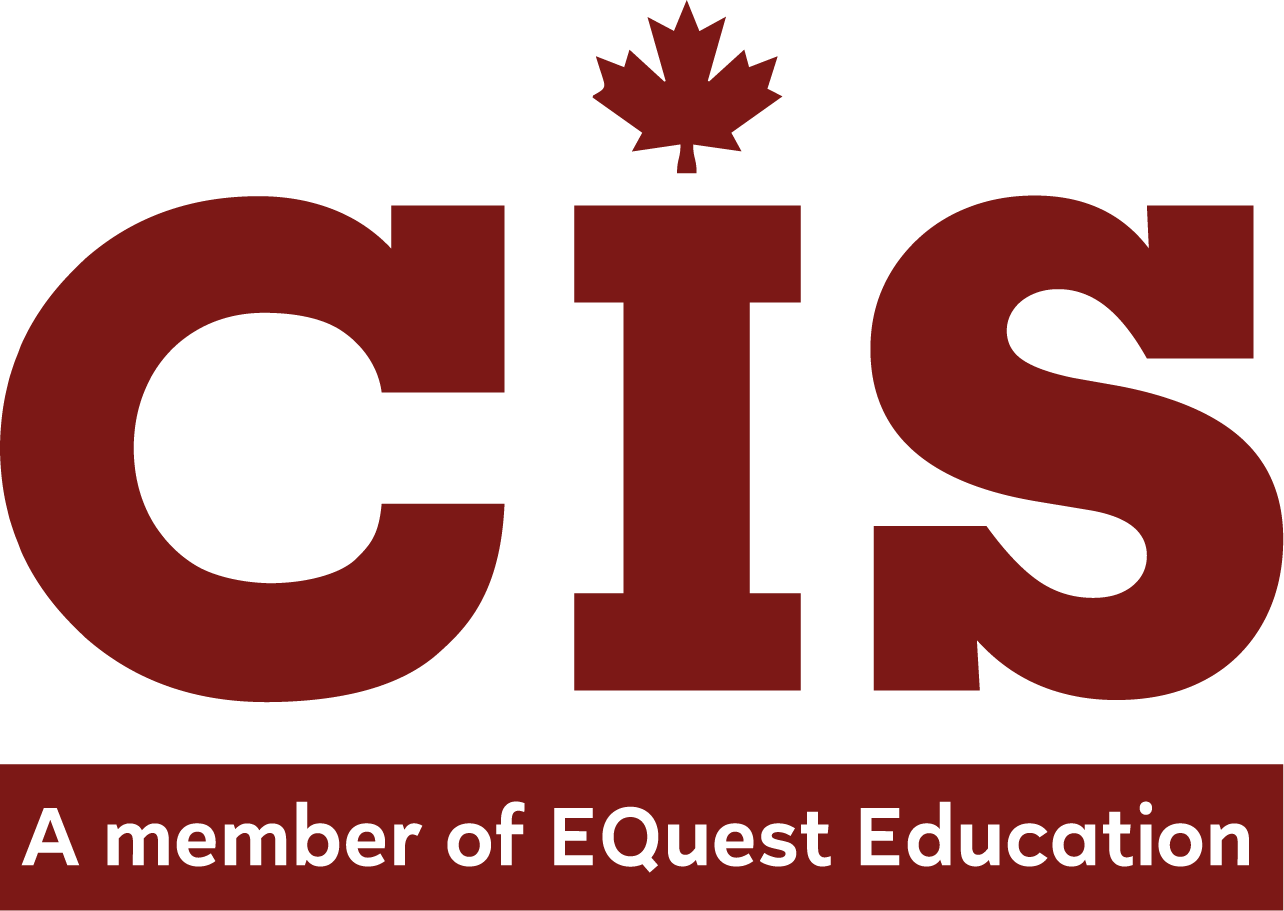
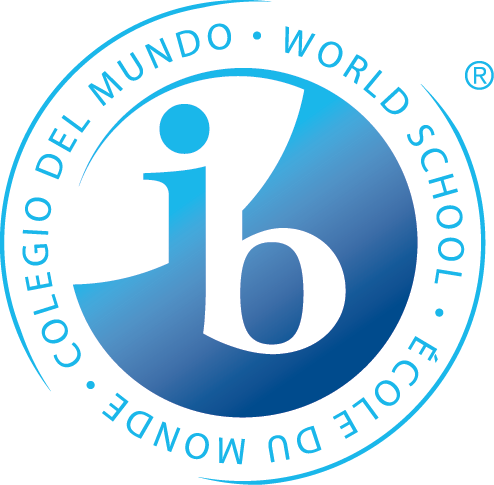
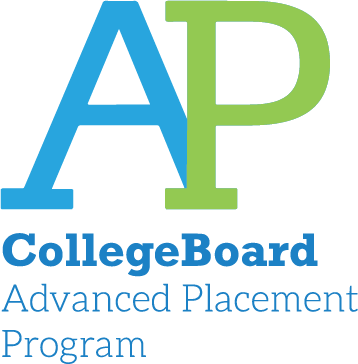
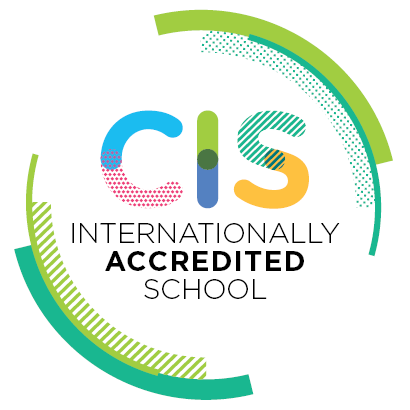
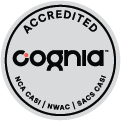
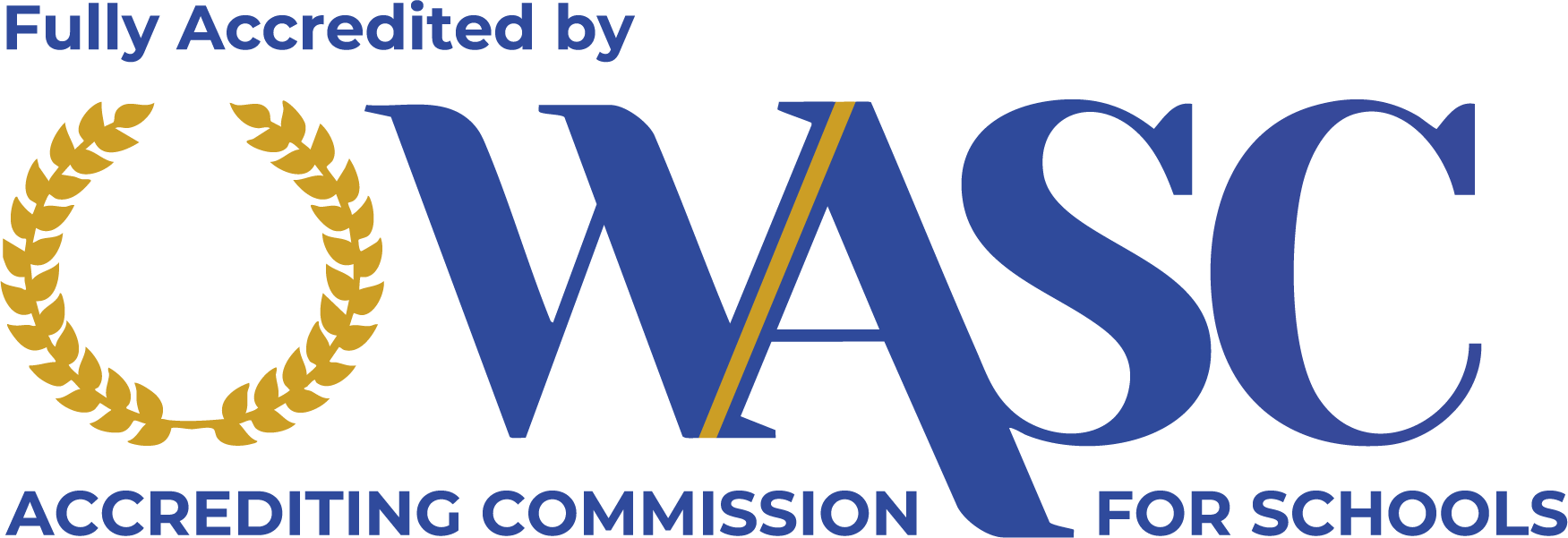
 VN
VN
 EN
EN
 KR
KR
 CH
CH

